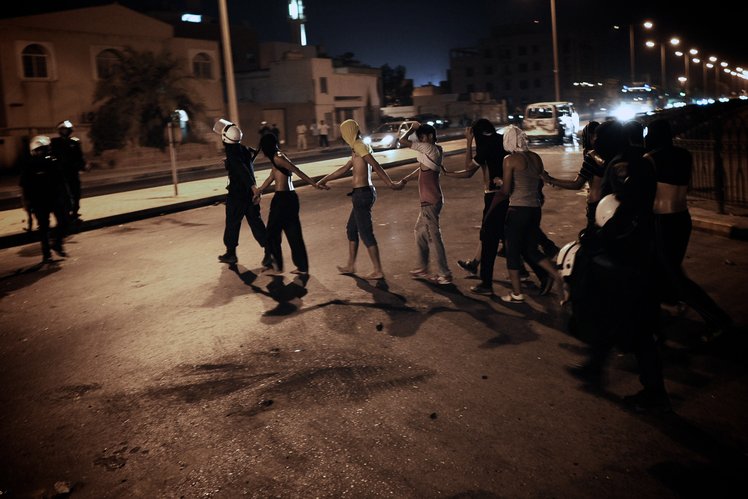Twelve humanitarian aid agencies in Yemen have stopped their activities as of Monday night after attacks on their buildings in the town of Al-Dhalea, the organisations said in a statement.
The United Nations (UN) called the attack an “alarming escalation” amid media campaigns against aid organisations.
The majority of attacks occurred overnight Saturday. One more occurred on an unoccupied Oxfam office on Tuesday morning, the aid agencies said. Among the agencies hit overnight on Saturday by RPGs fired by unknown individuals were Oxfam and the International Rescue Committee (IRC).
The attacks, one on Saturday and the other on Tuesday, left one person wounded and damaged property.
The UN Humanitarian Affairs and Emergency Relief Coordinator Mark Lowcock said on Monday that the area where these organisations worked are resided by 217,000 people.
“I urge a thorough investigation, and I express my appreciation to the Government of Yemen for the work they have begun in this regard. I also remain gravely concerned by the continuation of media campaigns in parts of Yemen that spread rumours and incitement against aid operations,” Lowcock said in a statement.
Oxfam said their office was hit by two RPGs on Saturday, but with no injuries reported. Tuesday’s attack used an IED, the organisation added.
IRC said its office and a women’s centre were hit by RPGs on Saturday, injuring one security guard. “Aid workers are not a target. Those who will suffer the most are innocent Yemenis who benefit from IRC’s … work,” IRC said.
“These events represent an alarming escalation in the risks faced by humanitarian workers in Yemen. Twelve organisations have now been forced to suspend aid programmes in Al-Dhalea, which will affect 217,000 local residents. Several organisations are working with local staff to ensure that the most essential activities can continue,” he said.
For five years, Yemen has suffered a civil war with several international players supporting conflicting sides of militants. The conflict escalated in 2015 since the Iran-aligned Houthi movement ousted President Abd Rabu Mansour Hadi’s government. The coup drew military intervention in 2015 by a Saudi-led coalition trying to restore Hadi’s internationally recognized government.
The southwestern province of Al-Dhalea lies in the road linking the southern port of Aden, which is controlled by Hadi’s government, to the Houthi-controlled capital, Sanaa.
Yemen’s war has killed thousands and pushed millions to the brink of famine. Around 80% of the population needs humanitarian assistance, according to UN reports.
Humanitarians reach more than 12 million people across the country each month, the UN added in a statement, explaining that they rely on the authorities to ensure they can operate in safe conditions.


